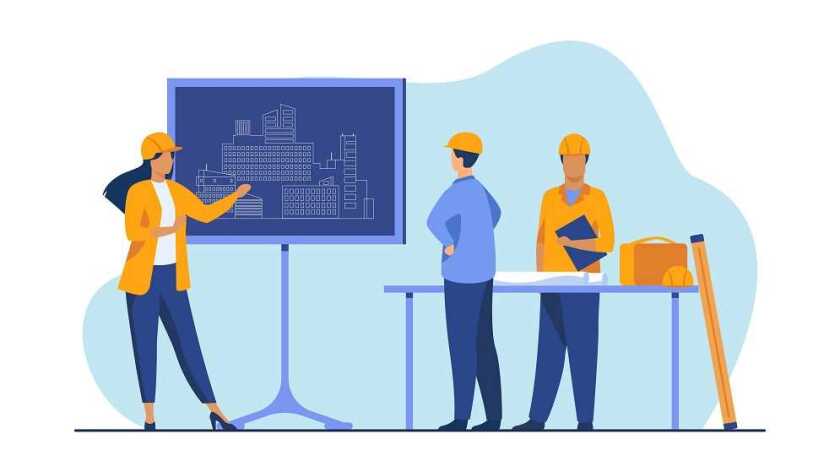My path to being an engineer didn’t follow a linear trajectory; I started my career by working as a secretary for a few different companies. At that point, I didn’t even realise that becoming an engineer was an option for me. Then, when I was working at Orange as a legal secretary, an opportunity arose to move to a role writing routes and circuits, and I jumped at the chance of doing something out of my comfort zone. It was this move to a more technical role that kick-started my career in engineering.
I really enjoyed the challenge and knew that I could do more. A year or so later, I took a gamble and applied for a role as a transmission engineer – I didn’t even know what that position meant at the time. I got offered an interview, and despite being up against five men who were more experienced in the field, I was offered the role. That experience taught me that you have nothing to lose and everything to gain if you put yourself forward for new and exciting opportunities.
Women can be their own worst enemies
Now, whenever people ask me what it is like to be a female engineer, the first thing I say is, ‘I don’t see myself as a female engineer, just an engineer’. I think this attitude has got me to where I am in my career today.
As women, we can often be our own worst enemies and often struggle with imposter syndrome. My advice to young women aspiring to work in the engineering field would be to always put yourself forward for chances and have confidence in yourself. Trust that you are as capable as anyone else to do this job as long as you put the hard work in.
Traditionally, engineering was always a bit of a ‘man’s world’. The best way to navigate it is to embrace the work and remain unfazed. There have been times when I have been the only female engineer in a team. However, you must throw yourself into the work and not let any assumptions get the better of you.
I will always carry my own equipment, but I am happy to accept help and to give it if someone else is struggling. I am the first to get involved with a good bit of banter, and laughing and joking around with my colleagues helps put everyone at ease. If there are any assumptions about my lack of competence because of my gender, it makes me even more determined to prove them wrong.
In the past, I have assumed that something I am struggling with at work is down to my gender. However, reaching out to a colleague has shown me that my male colleagues also face similar challenges. For example, there have been occasions when I have struggled with a task and immediately worried that it is because of my physical strength. A quick call to my manager revealed that this wasn’t the case at all. My advice would be: don’t be afraid to ask for guidance or speak to your colleagues and managers. Everyone is always learning, and good managers will always be happy to help.
Dream big
Only 12% of engineers in the industry are women. Even though things are now changing, and more resources are being devoted to attracting and retaining more women, our gender is still underrepresented in the sector.
Although there are many reasons for gender inequality in engineering, one of the main ones is the lack of access and targeted programmes for women. I think driving a culture of change from within will make a difference. My team at Neos Networks have been so important in encouraging me to pursue my goals.
When I was at school, boys were encouraged to be doctors and girls were told we could be hairdressers. While I managed to steer my own path to a technical career in engineering, it would have been easier if there had been more representation and female mentors in the field who I could have looked up to. Hopefully, I can be that representation for young women today.





